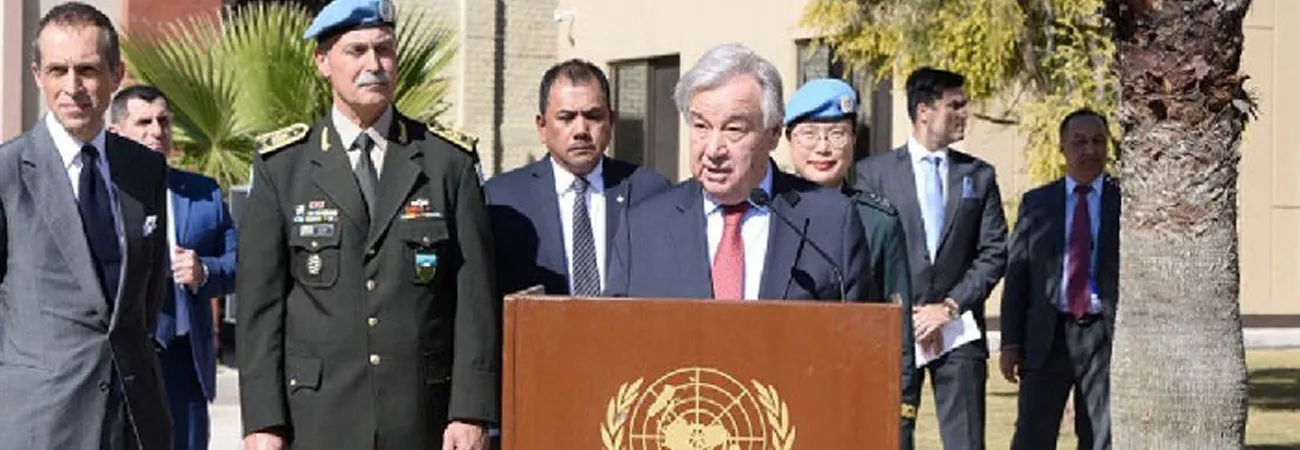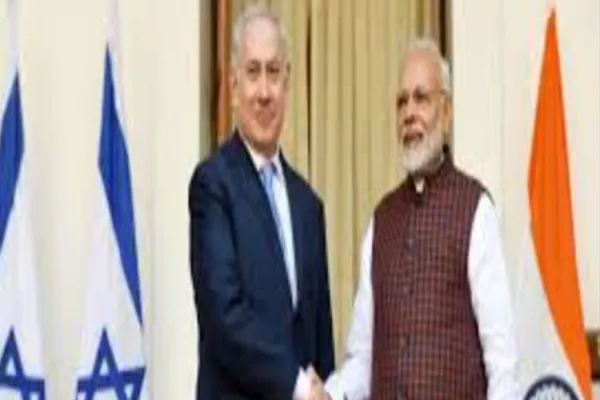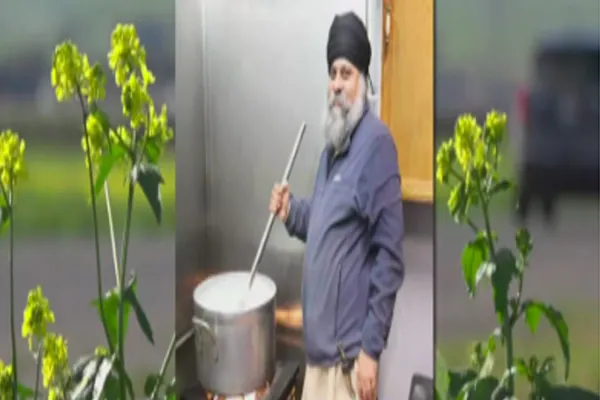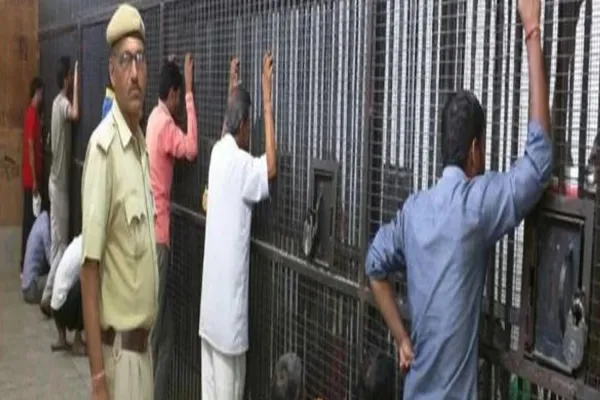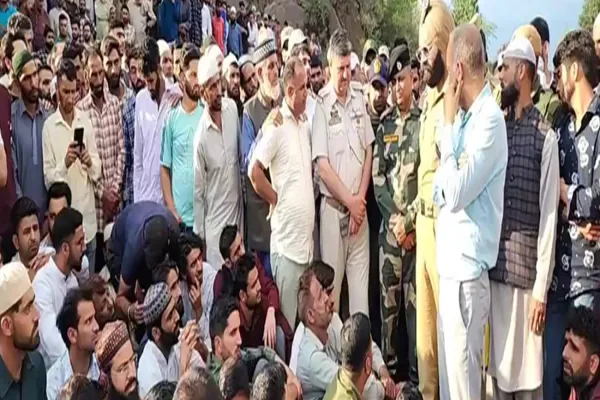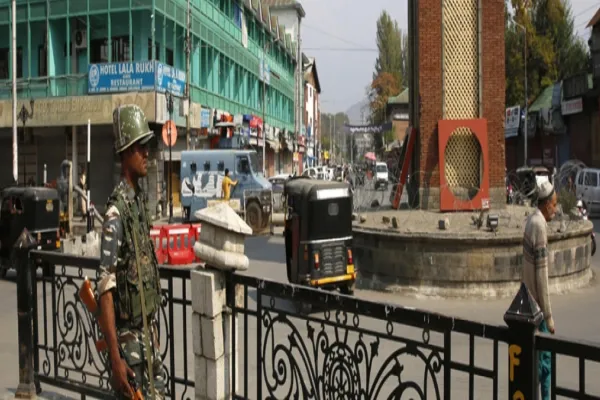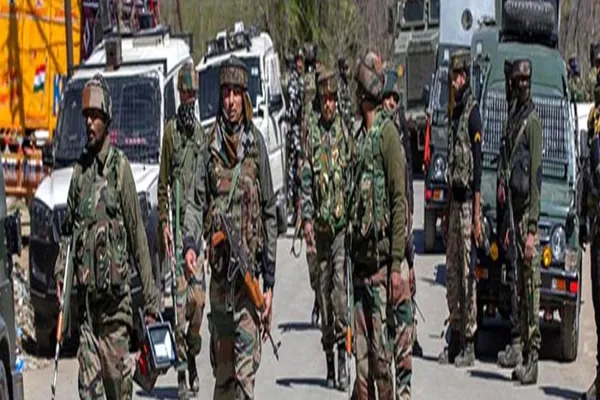i NEWS INTERNATIONAL
The Chairman of World Forum for Peace & Justice, Dr Ghulam Nabi Fai, has said that the Kashmir question is one of the oldest unresolved international problems in the world. Dr Ghulam Nabi Fai was addressing an international webinar, “Kashmir: An International Dimension’, organized by ‘Voices of Justice in Kashmir.” He said there are certain characteristics of the situation in Kashmir, which distinguishes it from all other deplorable human rights situations around the world.
First, it prevails in what is recognized - under international law and by the world powers - as a disputed territory, he added. He said according to the international agreements between India and Pakistan, negotiated by the United Nations and endorsed by the Security Council, the territory's status is to be determined by the free vote of its people under UN supervision. Second, Kashmir is the only conflict where the solution of the problem was suggested by parties themselves – India & Pakistan.
Thirdly, Kashmir is the only region which shares borders with three nuclear countries – India, Pakistan and China. Dr Fai said that when the Kashmir dispute erupted in 1948, the United States championed the stand that the future status of Kashmir must be ascertained in accordance with the wishes and aspirations of the people of the territory. The United States was the principal sponsor of resolution # 47 which was adopted by the Security Council on 21 April 1948 and which was based on that unchallenged principle.
Dr Fai quoted President Barack Obama who said on November 6, 2008, that he might consider appointing former President Bill Clinton as special envoy on Jammu and Kashmir in an effort to resolve the decades-old Kashmir dispute between India and Pakistan. President Obama indicated his intention to make such a move in an interview with Joe Klein of 'Time' magazine ahead of his election as president.
He told the weekly Time magazine that he has sounded out Clinton, who has had first-hand experience dealing with the Subcontinent, having played a role in ending the Kargil issue in the summer of 1999. When asked specifically about Clinton playing a role in redefining Pakistan's relations with India over Kashmir, Obama was quoted as saying, "Might not be bad. I actually talked to Bill, I talked to President Clinton about this when we had lunch" at Harlem in New York recently.
In the interview, he also wondered why India wants to 'keep on messing' with the Kashmir issue which is a 'potential tar pit diplomatically'. Regarding the stand of the Trump Administration on Kashmir, Dr. Fai quoted President Trump saying on October 17, 2016, in New Jersey that he'd be willing to play a mediating role in addressing the "very, very hot tinderbox" of Kashmir between India and Pakistan. "If it was necessary, I would do that. If we could get India and Pakistan getting along, I would be honored to do that.
That would be a tremendous achievement ... I think if they wanted me to, I would love to be the mediator or arbitrator.” Dr. Fai explained that it’s very clear that Kashmir needs a strong and determined will and the genius of an imagination that has the negotiating skills and knows how to bring people together. Without reservation, it can be said that the person who becomes instrumental in resolving the issue of Kashmir – the bone of contention between the two very potentially dangerous countries - deserves not only the Nobel Peace Prize but also a special place in history.
The resolution of the dispute will bring unparalleled honor to the one who helped to achieve it. That honor could be President-elect Donald J Trump. His leadership in helping to settle the Kashmir dispute should not be seen to favor India or Pakistan but to advance the cause of freedom, democracy, and human rights.
Credit: Independent News Pakistan (INP)


